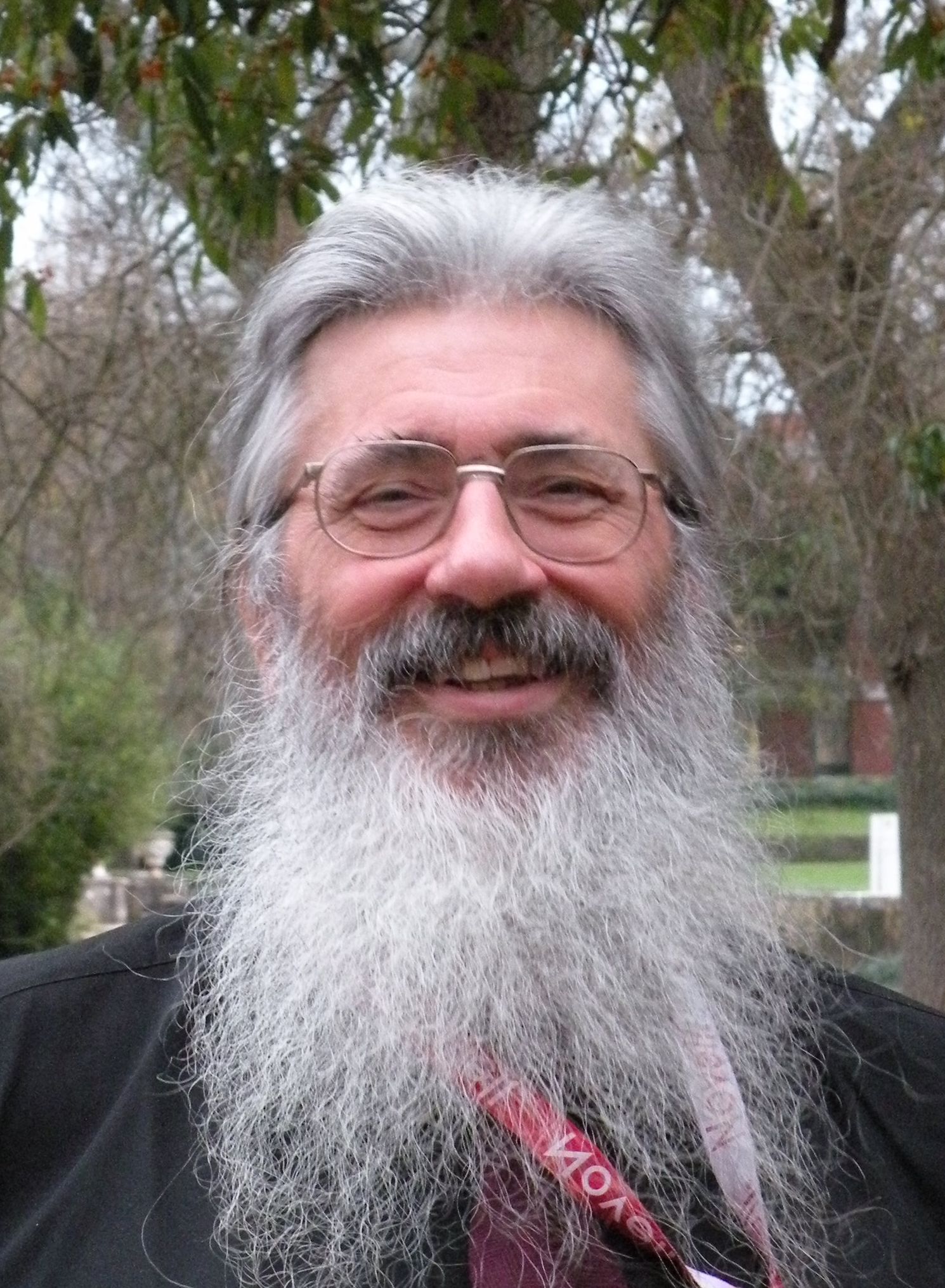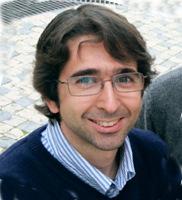

|
|
ELB17S Entry Level Bioinformatics (Second course in 2017)our entry level course with a soft introduction to NGS data analysisDownloadable poster in PDF |
|
IMPORTANT DATES for this Course
Candidates with adequate profile will be accepted in the next 72 hours after the application until we reach 20 participants. |
Instructors: |

David P Judge is a Computer Scientist who has taught Bioinformatics since 1985. He initiated the University of Cambridge Bioinformatics Training Facilty, providing the necessary environment for graduate and undergraduate courses. He has also been involved with training programmes at the European Bioinformatics Institute, the Wellcome Trust Sanger Institute and the Instituto Gulbenkian de Ciência (IGC) through GTPB. He currently teaches Bioinformatics in several international training programmes and is regularly invited to teach in many places in Europe, Asia, Africa and America. His course notes and exercises are well known to the international community of Bioinformatics professionals and users, many of whom (difficult to count) have had their first contact with Bioinformatics through him. David helped to pioneer Bioinformatics Training at the IGC in 1989, as part of an MSc course. Since its inception in 1999, he has contributed to the GTPB several times per year. Affiliation: Freelance independent Bioinformatics instructor.Former manager of Bioinformatics Training, University of Cambridge, Cambridge, UK |

Pedro Fernandes graduated in Electronics and Telecommunications Engineering at IST (U.T. Lisboa). He worked in Biomedical Engineering, Biophysics and Physiology and changed to Bioinformatics in 1990. He established the first user community in Portugal around the national service provided by the portuguese node of the EMBnet. In 1998 he created the Gulbenkian Training Programme in Bioinformatics, that provided user skills to more than 3200 course attendees throughout its twelve years of existance. In 2002, in cooperation with Mario Silva from FCUL, he designed a graduate Programme in Bioinformatics. He currently teaches Bioinformatics both in graduate and undergraduate programmes. Affiliation: Instituto Gulbenkian de Ciência, Oeiras, PT |

Daniel Sobral graduated in Informatics Engineering from Instituto Superior Técnico (Lisbon,
Portugal). His interest in Biology led him to join the Gulbenkian PhD programme, and conduct his doctoral
studies in Bioinformatics at the Université Aix-Marseille (France) with Dr. Patrick Lemaire. During
his PhD he worked in different aspects of bioinformatics, particularly focusing on gene expression networks
underlying embryonic development of a model organism, all of this integrated into a community resource.
Later he became a Developer for the Ensembl Project where he worked mostly in integrating epigenetic data
from the ENCODE project in Ensembl. In this context he gained significant experience with high throuthput
sequencing data. In 2012 he moved back to Portugal, where he joined the Bioinformatics Unit at the IGC to
assist the local research community in handling the sequencing revolution brought about by high throughput
technologies. Within this role he been collaborating in several projects, ranging from genomics,
transcriptomics and epigenetics. He has become the Head of the Bioinformatics Unit at IGC since 2014.
Affiliation: Instituto Gulbenkian de Ciência, Oeiras, PT |
OverviewThis is an entry level course aimed at those with a reasonable biological background but no significant experience with bioinformatics. The course is broadly based around a series of exercises in which a combination of simple analytical tools and reference to publicly available databases is applied to the investigation of a single human gene. The training manual for the course is comprised of detailed instructions for the tasks undertaken. Included are, questions (with answers) and discussion of and the interpretation of the results achieved. Participants are asked to imagine an interest in the disease aniridia. Course exercises then provide extremely detailed instruction leading participants to discover the gene primarily associated with this disease and all that is interesting about that gene and its protein products. This course will also provide a soft introduction to Next Generation Sequencing (NGS) data analysis. This part of the course aims at providing basic skills that are needed when one needs to process NGS data, such as evaluating data quality, trimming sequences, changing data formats, visualising data, etc. Then, participants will learn how to address a simple transcriptomics problem, stepwise, using open source bioinformatics tools. ObjectivesThe operation of the various programs used in the exercises will be explained, but only to the extent that allows a user to select parameters intelligently and to interpret results. The course will provide participants with an awareness of a wide range of bioinformatics tools and sufficient experience to use those tools in basic investigations with a relatively high degree of user independence. In the training course design, this is intentionally built-in, to allow us to show a wide range of analytical techniques while providing enough experience to break the ice in all of them. |
Target AudienceThis course is intended for those wishing to investigate how they might begin to exploit the ever expanding abundance of computing and data resources for researchers seeking help in using them. |
Course Pre-requisitesBasic understanding of molecular biology. No particular computing expertise will be assumed. |
|
Detailed Program |
|
Instituto Gulbenkian de Ciência, Apartado 14, 2781-901 Oeiras, Portugal Last updated: August 14th 2017 |